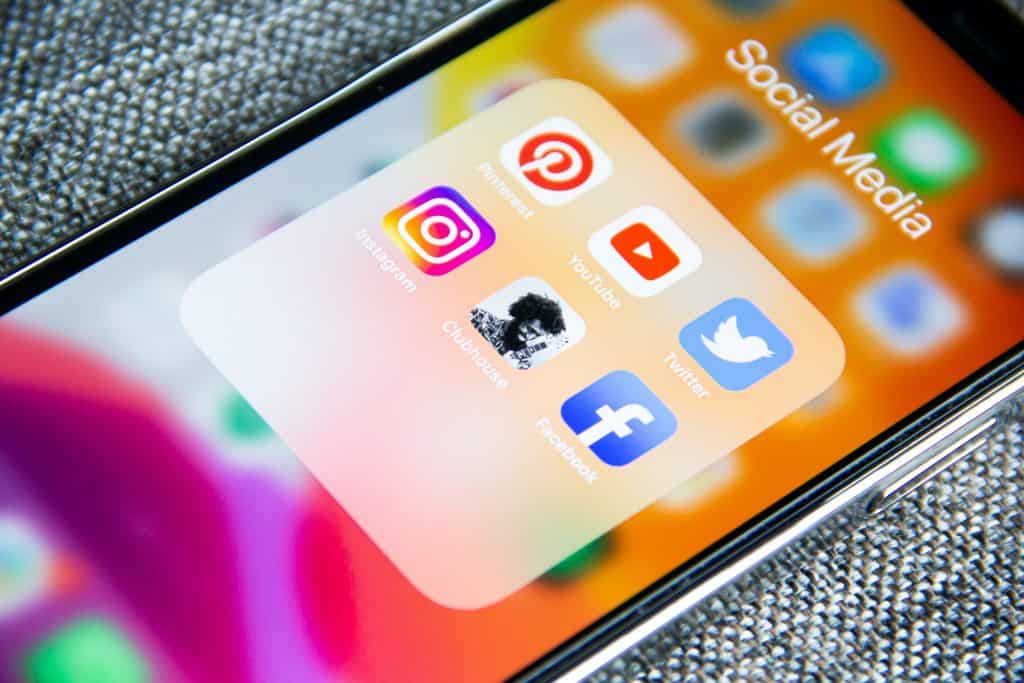Why It’s Important to Promote Your Event
Though it’s easy to get lost in the shuffle of scheduling, vendor communications, and everything else that goes into event organization, promotion is essential to a successful event. That means putting time, effort, and resources into spreading awareness to your target audience and increasing visibility.
Translation? You’ll need more than a quick email or Facebook invite a week before you open your doors to meet your attendance goals. You’ll need a plan.
This article will guide you through how to promote an event and ensure a fantastic turnout.
How to Create a Promotion Plan: A Step-by-Step Guide
A well-thought-out promotion plan can boost attendance, increase ROI, and show the value of your event. So to start, it’s important to have an idea of how you want to market and promote the event. Your promotion plan should detail everything from your budget to promotion strategies.
Step 1 to Promote an Event: Create Event and Promotion Goals
Begin by articulating your event goals. From there, you can create steps to help you reach those goals.
Be sure to ask yourself:
- What does the event need to accomplish in order for it to be a success?
- What metrics can I use to measure the success of this event?
- What kinds of people do I want to attend this event and what’s my ideal turnout?
Envisioning the best case scenario for your unique event will help you craft a promotion plan to help you achieve it.
Step 2 to Promote an Event: Make A Budget
Promoting your event doesn’t have to be expensive to be effective. No matter what kind of event budget you’re working with, figure out early on how much you’re planning to spend on promotional material and how to best allocate those funds to reach your goals.
Step 3 to Promote an Event: Create a Customer Persona
You’ll need to understand your customer persona to reach your target audience. Inviting individuals who are excited to attend gets your event off to a strong start. But first, you’ll need to identify who those people are. Ask yourself:
- What key demographics are you trying to reach?
- What are their interests?
- Where does your target audience spend their time?
- What marketing channels are most influential in this demographic?
- Why is your event perfect for their personal or professional goals?
Rely on your target audience data to help create the perfect audience profile. Then, you’ll be able to optimize your promotion plan for that specific audience.
Step 4 to Promote an Event: Determine the Best Channels For Your Audience
Marketing channels can spread the word about your event to your ideal audience. Deciding which channels to promote your event through depends on several factors: target audience, demographic, and overall event goals. Choose the option that will work best with your event and fits within your event budget.
Consider channels like:
- Online paid advertising – Although costly, it is effective to reach large audiences. Options include pay-per-click, pay-per-impression, and display ads. Display ads are banners or square boxes on websites or on social media sites such as Facebook or LinkedIn.
- Email marketing – Email tools are a useful way to centralize contacts, stay organized, and track your campaign’s performance. You can email contacts who may be interested and promote your event through newsletters.
- Digital or print event listings – Sites such as Eventful and Eventbrite allow you to list your event and attract interest from a wide audience with minimum effort. Print options can be ideal for local or niche events.
- Word of mouth – An important form of marketing, it depends on good opinions shared in everyday conversations. Share the event within your own personal network and through social media outlets. Another strategy is to engage influencers to promote your event – be sure to use those whose social media audiences match your target audience.
- Press release – Announcing your event through a press release, a statement sent out to media outlets, can help generate publicity and interest.
It is important to keep in mind consumer attitudes and the changing market. Because of COVID-19, digital promotion and virtual events have increasingly become viable options. From a Markletic study:
- 76% of marketers believe that the most effective tool for gaining registrations for virtual events is through email while 60% use social media to drive registrations.
There is no singular best way to promote, use the tools that best suit your event and allow you to reach your target audience. It’s wise to combine two or more strategies in order to effectively reach the audience most interested in your event.
Step 5 to Promote an Event: Fortify Your Event’s Website
Once you launch your promotions, they’ll direct attendees to one place: your website.
Your website will be the home base for your entire event. It’s where attendees will go when they want to register, find information about everything from schedules and parking to event accessibility. It’s what they’ll share with their friends. The more difficult it is to do those things, the less likely attendees will register or find value in the experience.
Information that needs to be clearly communicated on your website includes:
- Event name and description
- Time, date, and location
- Speaker information
- An event agenda or schedule
- Transportation information (if applicable)
- FAQ’s
- Who and how to contact someone with questions
- How to register
- Pricing (i.e early bird tickets, etc)
Ensuring that the above information is easily accessible will result in higher registration numbers and a smoother user experience from the day registration opens until the end of the event.
Step 6 to Promote an Event: Tap into the Power of Social Media
Social media can be a powerful tool for promotion and connecting with any potential attendees. It can also be an inexpensive option compared to other marketing tools.
When it comes to deciding whether to use social media within your own promotion plan, different planners have varying opinions. According to a survey by Event Manager Blog, 53% of event planners believe social media is important for their marketing strategy and nearly half of event planners use social media to advertise their events.
Step 7 to Promote an Event: Strategize Content to Get Attendees to Take Action
As you draft up your promotional content, you’ll want to ensure each post, banner, or message encourages potential attendees to come to the event or share it with their friends.
Make it easy for them to share a link or through their social media accounts. Utilizing your audience helps to spread the word. In return, you can offer incentives such as:
- Early bird tickets
- Promo codes
- Gift cards
- Discounts
- Referral links
Attendees are willing to take that extra step if they’re offered a discount on the price or given an easy way to promote the event. This form of marketing generates buzz and gives attendees another reason to register for your event.
Step 8 to Promote an Event: Create a Promotion Calendar
Once you’ve created a budget, articulated your key audience demographics, identified your key promotional channels, and started tapping the power of social media, you’re ready to organize your promotional efforts even further – it is time to figure out when to roll out the advertising.
Creating a calendar for all your promotions is key to staying organized. Staying organized is the key to running successful promotions. Promotional calendars help you to keep track of the when, what, and where of your strategy. Create a calendar that is simple to use and personalized to your event’s needs.
When is the right time to start promoting your event? To answer the question, think about the size of your event. For larger events, promotions may begin months in advance. Aim to begin advertising at least 8 weeks before the event date. If your event is a bit smaller, then you might not need the full 8 weeks and can start promotions at 4 weeks. Take a look at the sample promotional calendar below for inspiration:
- 8 weeks out – Launch promotions, send targeted emails, highlight the event’s value
- 4-6 weeks out – Messaging is more urgent, posts and ads emphasize the deadline
- 2-4 weeks – Retarget those who haven’t finished the process, send “last call” emails
- Week of – More sales-focused posts and ads and calling customers to action
Need some help attracting potential attendees?
Audience attendance is used as a metric for an event’s success, which is why having a promotion plan is instrumental for any event. The hard part is deciding how to promote your event. With a variety of options to choose from, it can be challenging to determine the best path especially in an industry that is constantly changing.
That’s why Vario is here to help. We have decades of experience in the event industry and understand the best way to manage and promote events. With our help, we can help ensure that your event reaches its target audience so you can have a record-breaking turnout.
Sources
Markletic. 60 Incredible Virtual Event Statistics! (2021 Research). https://www.markletic.com/blog/virtual-event-statistics/#virtual-event-preparation
Event Manager Blog. Social Media for Events (2019 Edition): A Complete Guide to Marketing Your Events Using Social Media. https://www.eventmanagerblog.com/social-media-events
Eventbrite. Count It Down: Your Complete Event Marketing Roadmap. https://www.eventbrite.com/blog/how-to-plan-your-events-marketing-and-advertising-activities-ds00/







